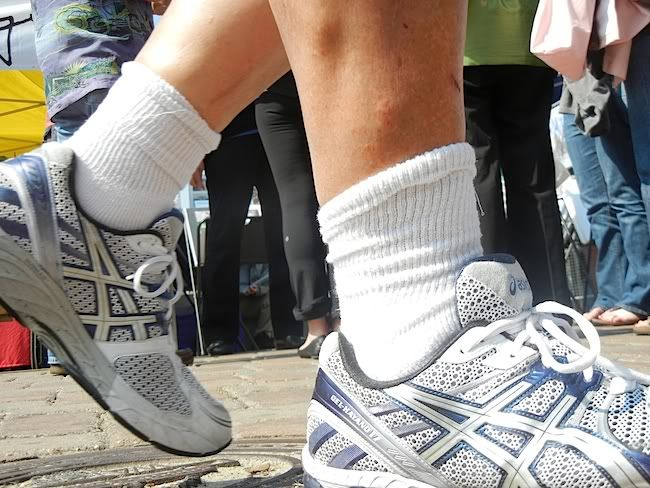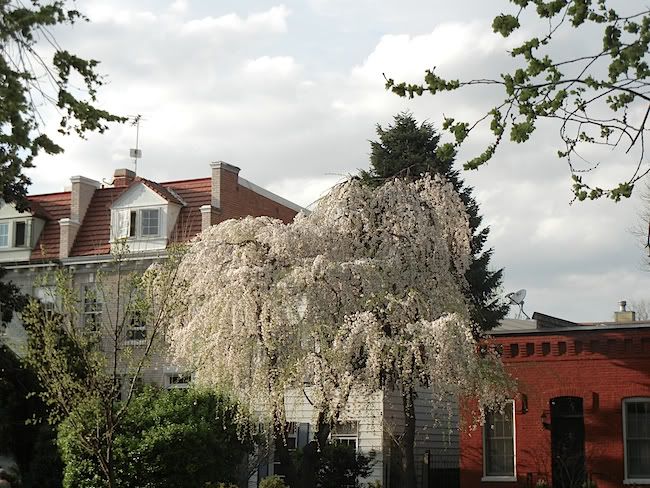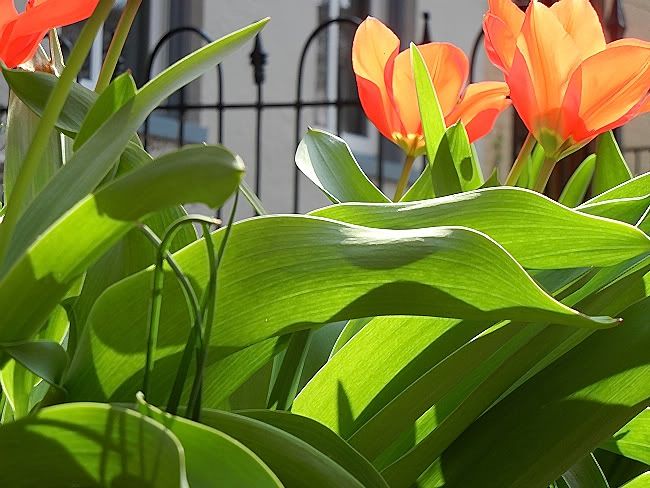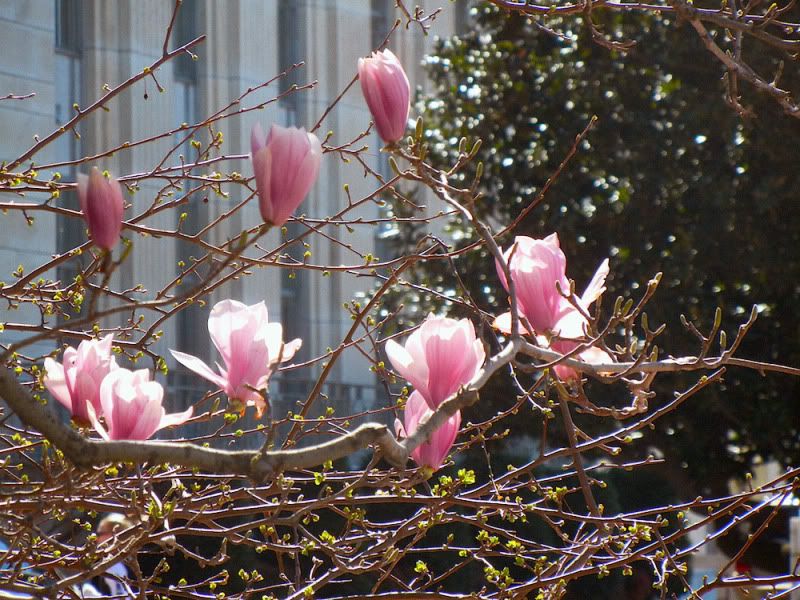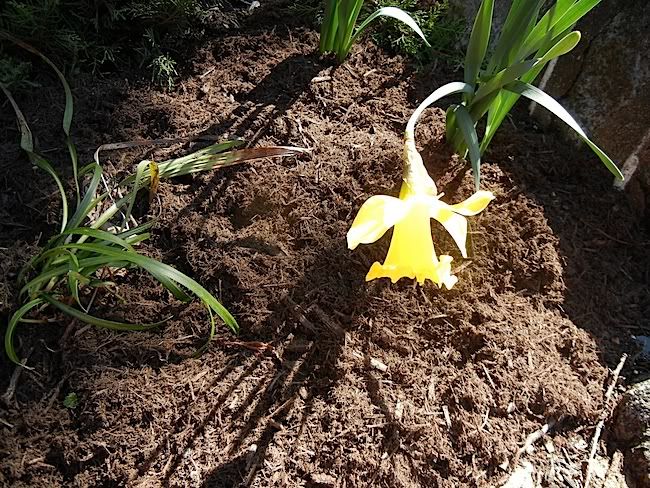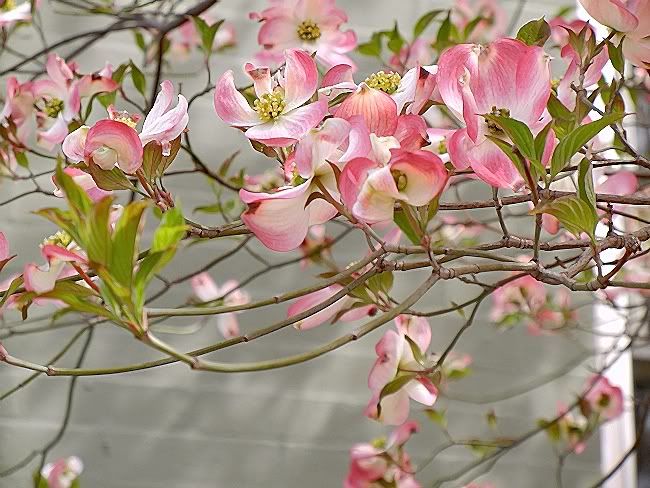
Sound is vibration. We hear it because the vibration jiggles tiny bones in the inner ear that tap a membrane that jiggles some goo that sends a signal to the brain. But the vibration of sound passes through every part of our bodies, jiggliing many different kinds of tissue that are not wired to send signals to the brain. Depending on the kind of sound and the decibel level, these aural vibrations can be healing, calming, soothing - or the opposite - they can perk us up, make us angry, or at least bring anger to the surface.
The sound of a certain person's voice can shift biochemistry. Birdsong, ocean waves or rain, a beautiful breeze blowing through leaves, making that Shhhhhhh sound ... ahhhh.
Music is a form of sound I could write a book about. There are such things as music therapists, officially trained and certified, but it's true too that many of us are our own music therapists, choosing the right symphony or rock song to get us from one day to the next. Baroque music fosters the connection of neural networks and smoothes the firing synapses, making us smarter, or so they say. Some music inspires, some incites.
It's too bad so few of us make our own music these days. A hundred years ago almost everyone could sing or play an instrument. Perhaps the results of the family gathering around the piano after dinner were not as perfect as a listener could hope. Not everyone is Adele, after all. So what? One of my teachers said everyone should sing every day. It opens the throat, that jam-packed part of the anatomy so crucial to almost everything we do.
There's a new wave of thought in mainstream medicine that centers around humming. The vibrations from whole-hearted humming shake loose the stuff in sinuses that can get infected if it doesn't move on and out of the head. The Gregorian monks probably never had sinus infections. Chanting is a lot like humming, with percussion. I like to OHM every day, a version of humming that is a little clearer. It works for me.
Noise is a kind of sound vibration that can be simply annoying or very destructive. Loud noise isn't just bad for your hearing, it's bad for everything. Extremely loud noise can shatter glass, break bones, even kill you. When I think about this it makes me wonder why I chose to stand right in front of the stage during my punk years. I know what it did to my hearing, I wonder what it did to the rest of me?
Perhaps it's best not to know!
May your day contain beautiful sound, not too much noise, and a healthy dose of quiet. Shalom.

